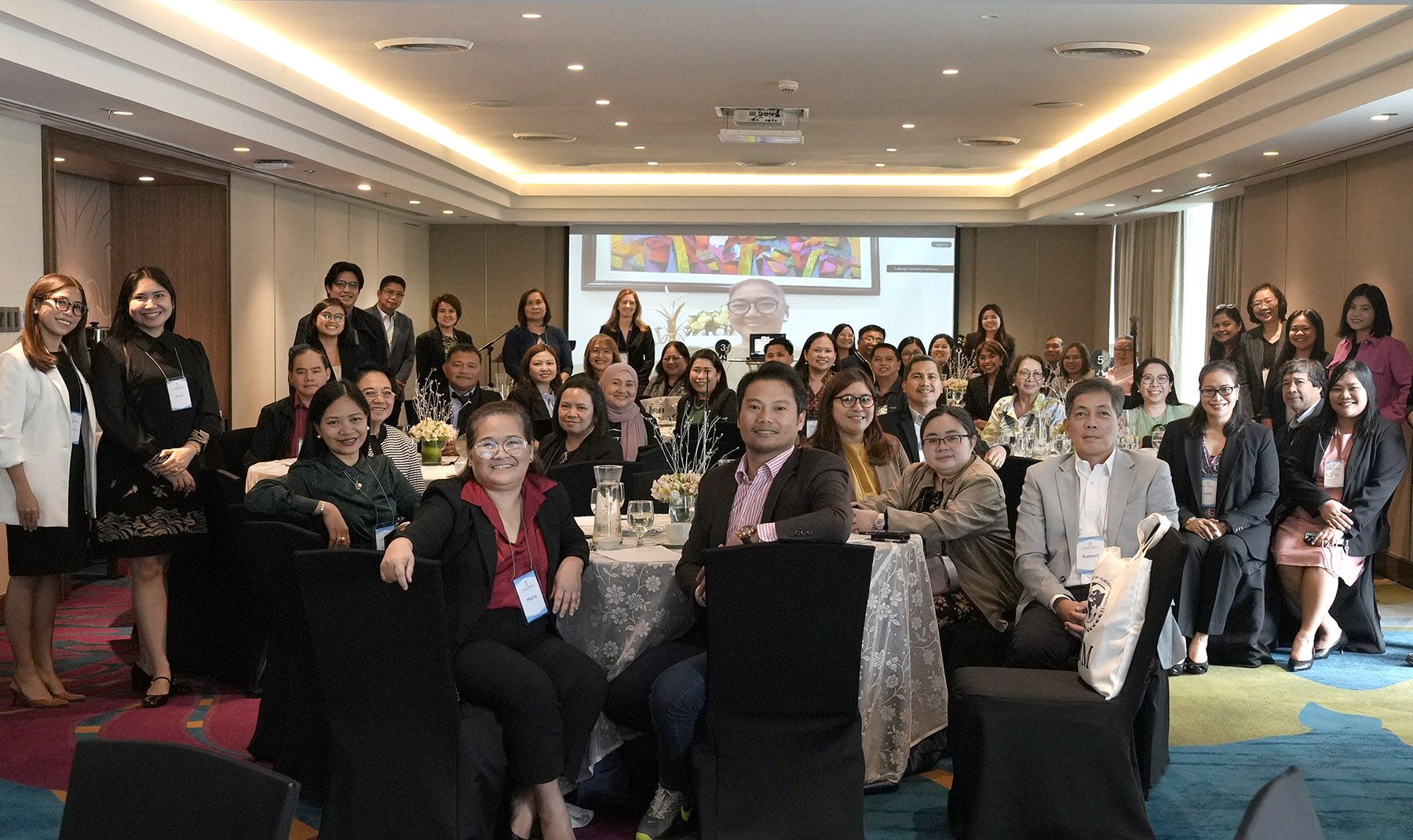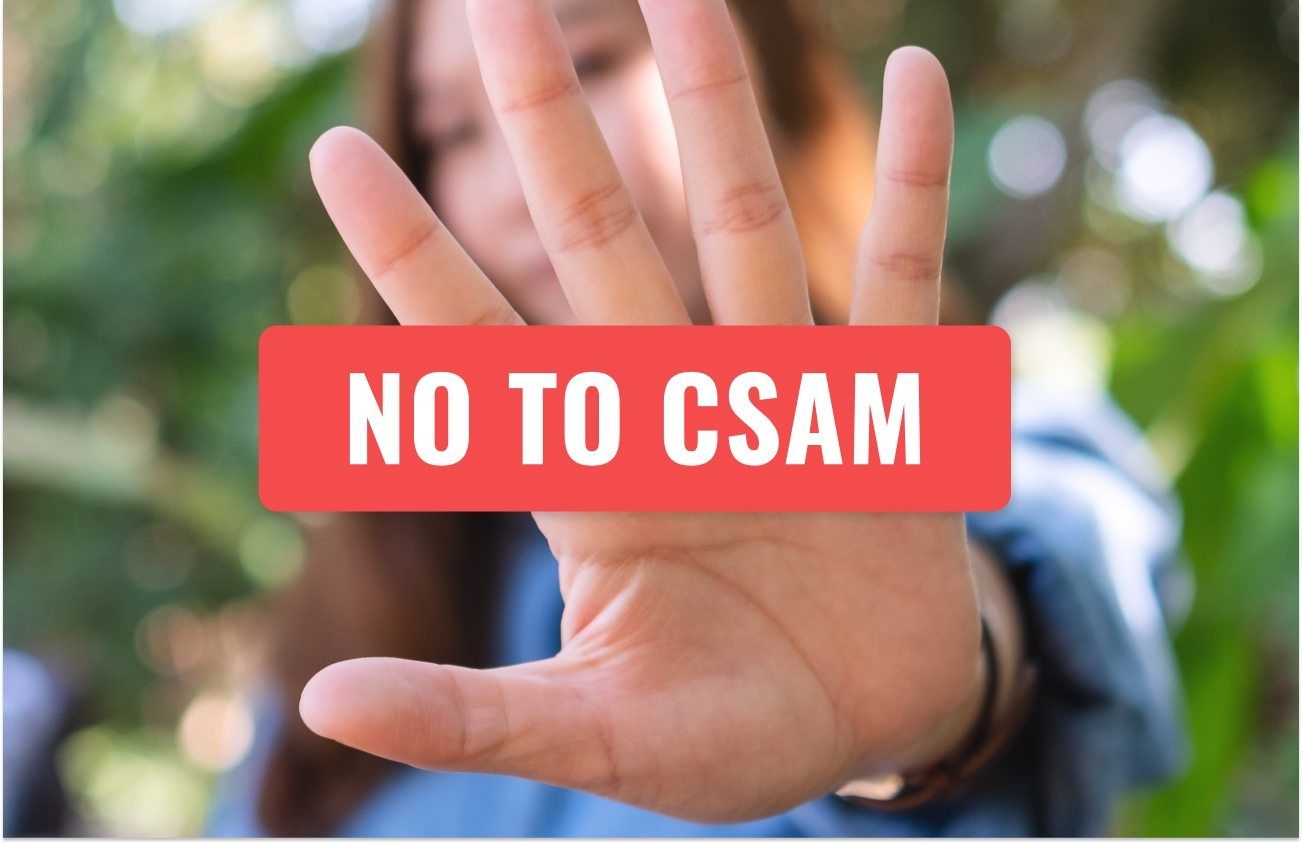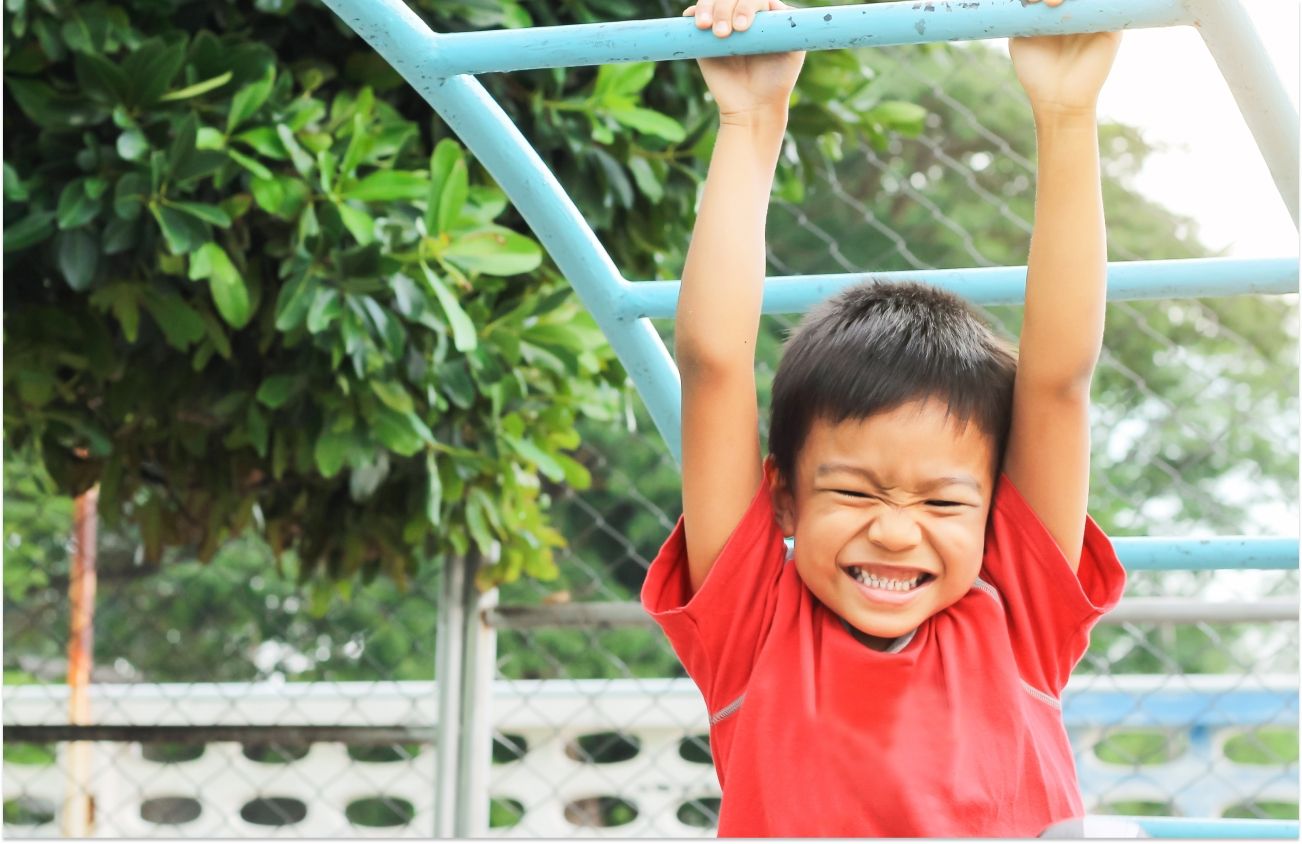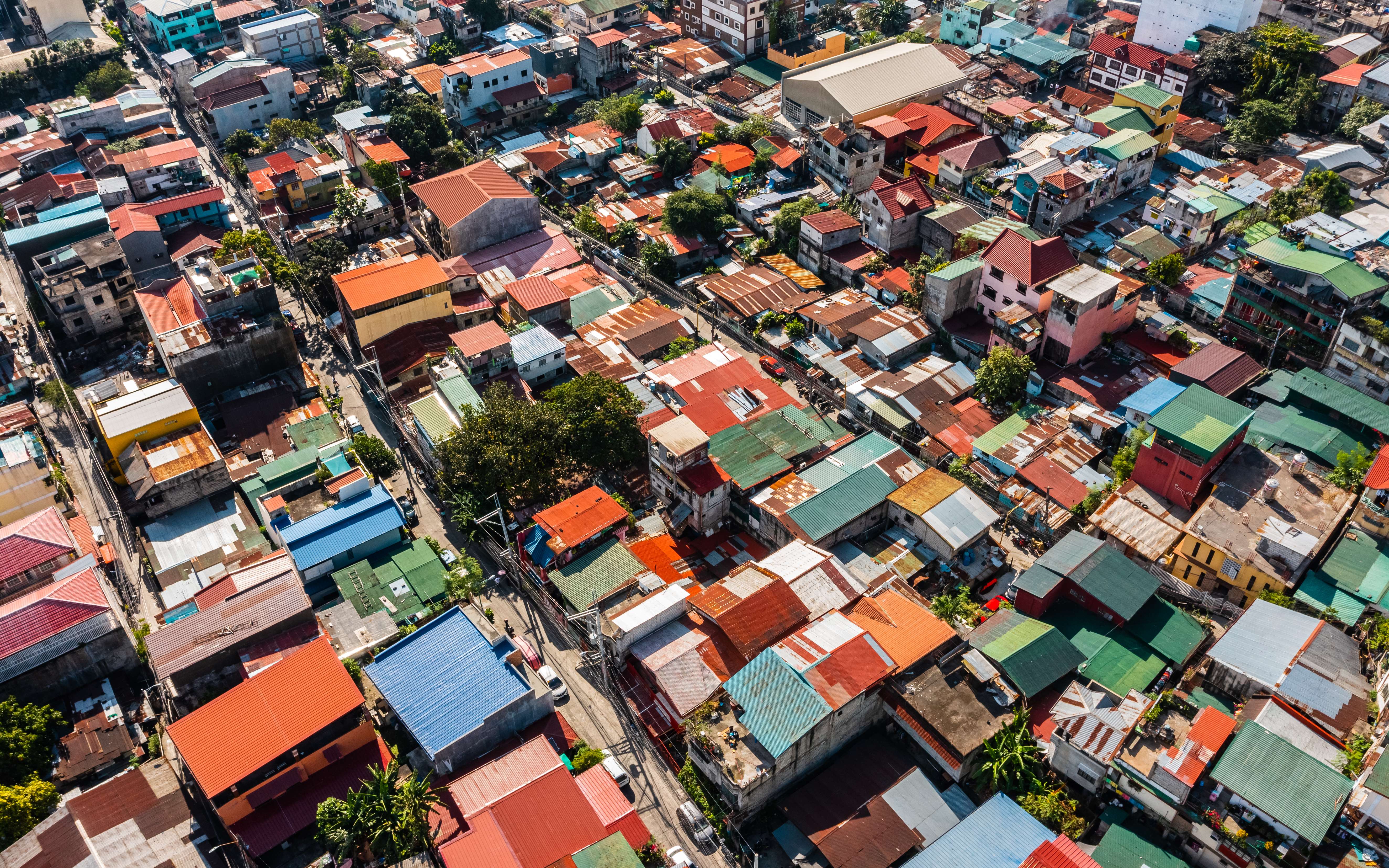
Two courts have handed down convictions in two harrowing cases of human trafficking and online sexual exploitation of children, sentencing three perpetrators—including mothers of the victims—to a combined 55 years of imprisonment.
“These rulings not only deliver justice to five young survivors but also demonstrate the Philippine criminal justice system’s commitment to protecting Filipino children and holding traffickers accountable,” said lawyer and IJM Manila Director Reynaldo Bicol Jr.
These rulings not only deliver justice to five young survivors but also demonstrate the Philippine criminal justice system’s commitment to protecting Filipino children and holding traffickers accountable.
On Nov. 21, 2024, the Regional Trial Court, Branch 66 of Capas, Tarlac, sentenced two women—a grandmother and the mother of one of the survivors—to 15 years of imprisonment and a fine of PHP 500,000 each for attempted trafficking, to which they pleaded guilty as part of a plea agreement. The court ordered them to jointly pay civil liabilities of PHP 500,000 to the two survivors.
This case stemmed from a March 3, 2022 rescue operation in Capas, Tarlac, conducted by the National Bureau of Investigation's Anti-Human Trafficking Division (NBI-AHTRAD), in collaboration with the Philippine Internet Crimes Against Children Center (PICACC). The operation followed a referral from Austrian authorities linking two Filipina suspects to child exploitation materials sent to an Austrian national.
The rescued minors, aged 12 and 15 at that time, were discovered to be under the custody of the suspects, one of whom was the biological mother of one of the victims. They have since been placed in specialized care.
In a parallel victory, on Nov. 21, 2024, the Regional Trial Court, Family Court - Branch 10 in Angeles City, Pampanga, convicted a mother of three for attempted trafficking and conspiracy to commit Online Sexual Abuse and Exploitation of Children (OSAEC). She was sentenced to 15 years and 8 to 10 years in prison for these offenses, respectively, and fined a total of PHP 600,000.
The survivors—aged 12, 5, and 3 at the time of rescue—are now under the care of government shelters. The court directed the City Social Welfare and Development Office (CSWDO) and the Bureau of Jail Management and Penology (BJMP) to coordinate and facilitate reconciliatory sessions between the accused and the survivors before her transfer to a permanent detention facility.
The two cases highlighted the perpetrators’ use of digital platforms to exploit children for financial gain. IJM has called for strict enforcement of the Anti-OSAEC Law passed last year, including the mandate for tech platforms to monitor and act against child exploitation. IJM also called on the Anti-Money Laundering Council (AMLC) to issue implementing rules and regulations requiring financial institutions to identify and interdict transactions tied to exploitation, particularly suspicious patterns that are indicative of child trafficking.
IJM has called for strict enforcement of the Anti-OSAEC Law passed last year, including the mandate for tech platforms to monitor and act against child exploitation. IJM also called on the Anti-Money Laundering Council (AMLC) to issue implementing rules and regulations requiring financial institutions to identify and interdict transactions tied to exploitation, particularly suspicious patterns that are indicative of child trafficking.
IJM’s Scale of Harm national prevalence study estimates that in 2022 alone, nearly half a million Filipino children—or 1 in every 100—were victims OSAEC, including livestreamed abuse.
In April 2024, Philippine President Ferdinand R. Marcos Jr. issued a directive to intensify efforts against OSAEC. As a response, IJM, in collaboration with the Department of the Interior and Local Government (DILG), the Inter-Agency Council Against Trafficking (IACAT), and the Presidential Communications Office, organized a national OSAEC summit last September 16, launching the nationwide campaign “Bayang Walang Bahid ng OSAEC” (A Country Unblemished by OSAEC). The campaign aims to deepen public awareness and dismantle community-based norms that hinder reporting.












